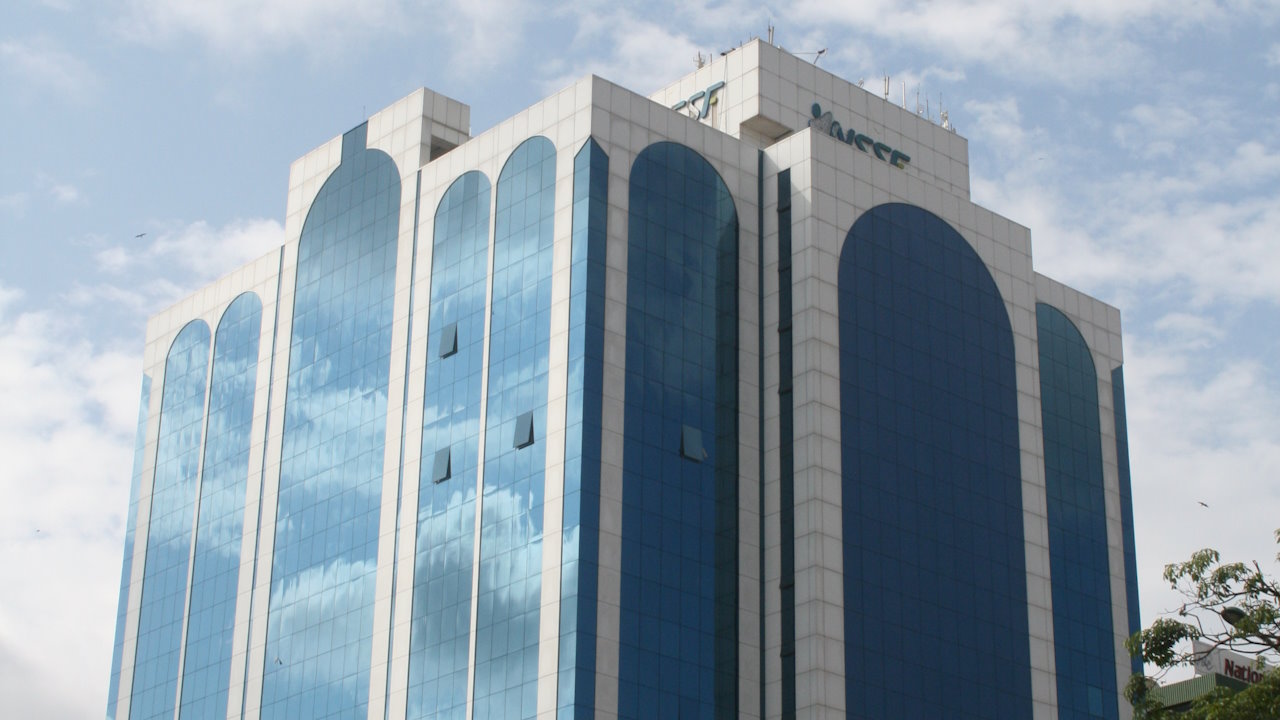
Uganda’s government-run pension fund said Friday it agreed to buy a 10.55 per cent stake in Airtel Uganda as part of the company’s Shs800 billion initial public offering.
The National Social Security Fund said it would acquire 4.22bn shares in Airtel Uganda at Shs100 each, for a total investment of Shs199bn ($52.7mn). The investment positions Airtel Uganda as the third largest equity investment by value in NSSF’s portfolio, following MTN Uganda (Shs336.6bn) and Tanzania Breweries Limited (Sh213.4bn as at the end of June).
The IPO closed on Friday. Its outcome will be announced on 6 November and the telecom will start trading on the main investment market section of the Uganda Securities Exchange the following day.
“The fund’s investment in Airtel gives an opportunity for millions of NSSF members to own a part of a successful company in a fast-growing sector known for innovative services,” NSSF said in a statement. “Through the NSSF, the biggest indigenous investor, millions of Ugandans will also be part of the telecommunications company’s growth journey,” it added.
Airtel went public after the government made it compulsory for national telecom operators to list at least 20 per cent of their total shares on a local stock exchange. President Museveni, in particular, lobbied hard to make this a condition for the renewal of telecoms licences, arguing that they were repatriating most of their profits and, as a result, hurting the local economy.
NSSF is the second largest shareholder in Airtel’s local rival, MTN Uganda, with a stake of 8.84 per cent. MTN floated 20 per cent of its shares on the Uganda Securities Exchange in 2021, but only 16.96 per cent of the undersubscribed shares were sold. MTN International (Mauritius) Limited owns 83.04 per cent of MTN Uganda, making it the largest shareholder.
NSSF’s total investments increased by 7 per cent year-on-year to Shs18tn at the end of June, against an asset base of Shs18.5tn (2021/2022: Shs17.2tn). Its equity investments stood at Shs2.4tn, down 9.1 per cent year on year, which it attributed to a decline in share prices caused by the exit of foreign investors from East African exchanges, and the shilling’s appreciation against regional currencies. Fixed income investments totalled Shs14.3tn, while real estate investments stood at Shs1.3tn.
In addition to Airtel and MTN, NSSF holds shares in all but four companies listed or cross-listed on the Uganda Securities Exchange. It does not own shares in British American Tobacco, Kenya Airways, Nation Media Group, and the National Insurance Corporation.
| Equity | Investment value (Shs’000) | |
|---|---|---|
| 1 | MTN Uganda | 336,600,000 |
| 2 | Tanzania Breweries Limited | 213,391,443 |
| 3 | Trade Development Bank | 189,162,568 |
| 4 | Safaricom Limited | 184,250,266 |
| 5 | Equity Bank Holdings Plc | 173,374,834 |
| 6 | Cooperative Rural Development Bank | 141,733,471 |
| 7 | Kenya Commercial Bank (KCB) | 131,674,397 |
| 8 | National Microfinance Bank (NMB) | 124,998,120 |
| 9 | East African Breweries Limited (EABL) | 109,633,120 |
| 10 | Umeme Limited | 89,695,482 |
| 11 | Tanzania Portland Cement (Twiga) | 58,330,000 |
| 12 | Stanbic Bank Uganda Limited | 54,684,148 |
Most of NSSF’s equity holdings – twelve in all – are listed on the Nairobi Securities Exchange because it is “relatively deeper, more liquid and larger” than other regional bourses. Indeed, all five of the companies in which NSSF increased its stake in the financial year to June – East African Breweries Ltd, Equity Bank, Jubilee Insurance Ltd, KCB, and Safaricom Ltd – are listed on the Nairobi bourse.
One of the six criteria used in the definitive ranking of African capital markets, the Absa Africa Financial Markets Index, is the ability of domestic pension systems to drive market growth. The gauge takes into account the size of pension fund assets per capita in the 28 countries tracked by the index, and relative to locally listed securities to assess their contribution to local capital markets.
“Pension funds have the potential to drive capital market development owing to their extended investment horizons and ability to diversify across a wide range of asset classes, such as listed equities, corporate bonds, and private markets,” according to the index.
Incidentally, Uganda, ranked fourth in this year’s index, is 17th out of 28 countries on this benchmark – its lowest ranking on any sub-indicator. But there’s only so much the relevant policymakers can do to improve; southern African countries have a secure head start thanks to their early establishment of pension funds and close links with South Africa, home to by far the most advanced financial market on the continent. As a result, they occupy most of the top spots – so much so that Eswatini ranks ahead of Nigeria and, with Lesotho, performs better than the likes of Kenya and Egypt.
In 2022, the president approved an amendment to the NSSF Act requiring all formal employers to contribute to the fund on behalf of their employees; previously, only companies with five or more employees were required to contribute. The minimum contribution is 15 per cent of an employee’s gross salary, of which 10 per cent is paid by the employer and 5 per cent by the employee.
($1 = Shs3776.54)






